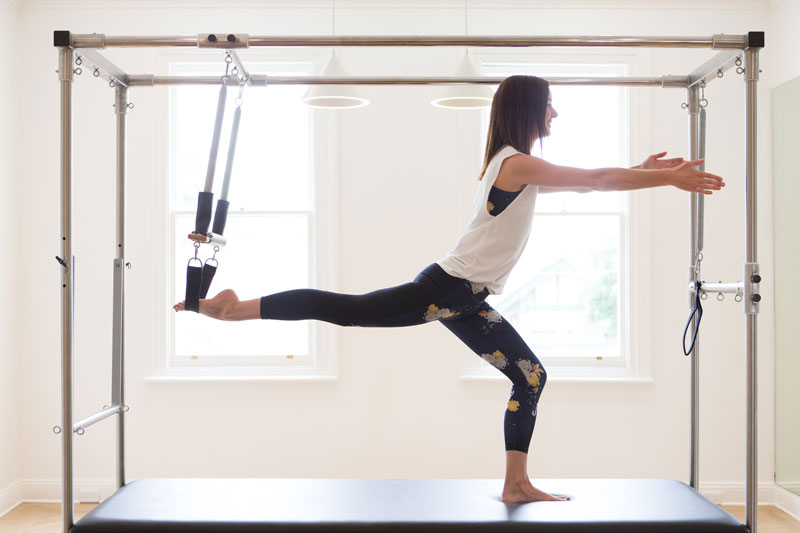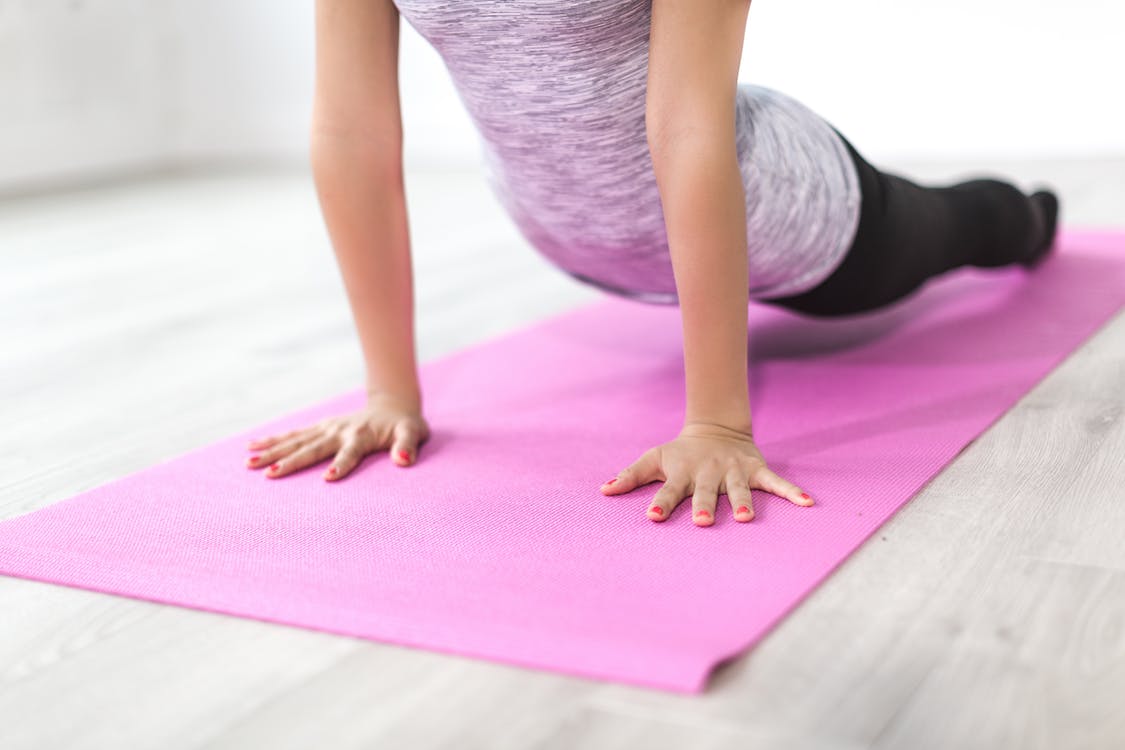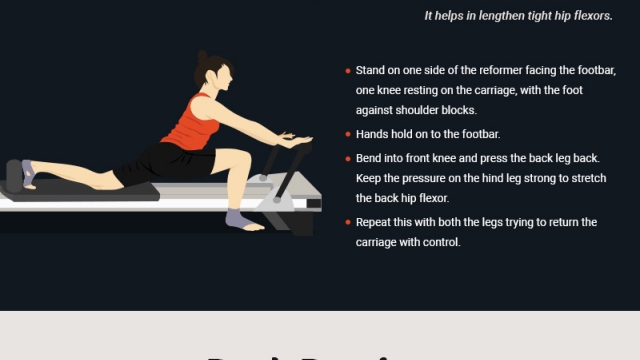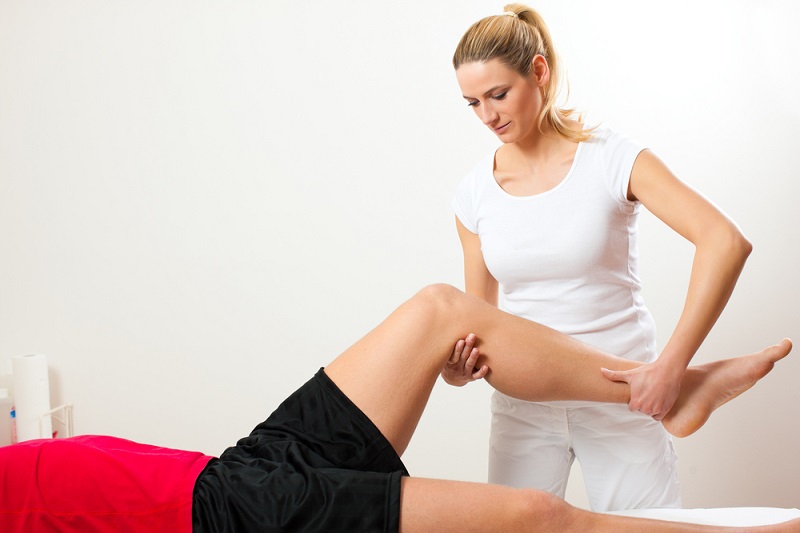Clinical Pilates was developed over the past 20 or so years by physiotherapists using research in injury management and rehabilitation in combination with the traditional Pilates concept. Clinical Pilates benefits the entire body using gentle and coordinated exercises suitable for people of all ages.
What Makes Clinical Pilates Different from Traditional Pilates?
Traditional Pilates is conducted with an instructor in a group situation, however, Clinical Pilates is supervised by a qualified physiotherapist with in-depth knowledge of injuries, body functioning, healing, pathology and movement. This experience allows the physiotherapist to assess the patient and tailor exercises to be safe and efficient for each individual. Some of the benefits clinical Pilates can provide include:
- Increased strength and muscle length
- Faster injury recovery
- Resistance to injury
- Improved flexibility and movement
- Improved balance and control
- Overall wellbeing
- Improved posture
- Muscle balance
- Breath control and relaxation
- Stress
- Core strength
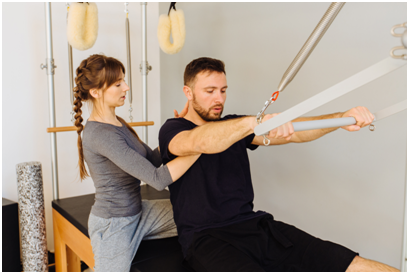
Clinical Pilates can provide benefit to many conditions. Some of these include:
- Headaches
- Back pain
- Neck pain
- Pregnancy
- Postnatal recovery
- Posture issues
- Arthritis
- Hip pain
- Injuries
- Chronic conditions
- Neurological conditions
Clinical Pilates exercises are great for improving core strength and can be very beneficial for lower back and neck pain; while there are also many benefits for poor posture and flexibility. It helps to increase strength and tones muscles, which can help with the prevention of injuries.
How Does Clinical Pilates Work?
Clinical Pilates uses specific exercises designed for the patient. It is an individualized treatment which aims to address the underlying cause of the patient’s condition. It focuses on the pain or injury as well as dealing with the patient’s specific condition or problem. Clinical Pilates will positively benefit the whole body by improving mobility, strength, movement and posture.
Clinical Pilates During Pregnancy
Pregnancy Pilates can be a valuable form of exercise for most pregnant women. Being based on the principles of strengthening the pelvic floor muscles, improving flexibility and posture, and strengthening the core muscles, it is one of the most preferred ways to maintain fitness during pregnancy.
The body undergoes a lot of changes during pregnancy; however, it is the abdominal and pelvic floor muscles which take on the majority of the strain. This can result in problems later on, including issues such as incontinence. To reduce the risk of problems after the baby is born, Pregnancy Pilates can offer some of the following benefits:
- Preparing the body for birth
- Strengthening the abdominal muscles
- Strengthen the pelvic floor muscles
- Improving posture
- Helping to regain muscle strength after pregnancy
Pregnancy Pilates should always be performed with a qualified physiotherapist who will safely guide the patient through the exercises appropriate for them. To avoid any falls or injuries it is important to maintain balance while performing exercises, avoid abdominal curls and crunches, never overstretch, avoid jumping or sharp movements and avoid unsupported backbends.
Clinical Pilates South Perth can provide many benefits to overall health and wellbeing, and is particularly valuable during pregnancy. Clinical Pilates South Perth is a safe and gentle way to increase strength, flexibility and wellbeing.

